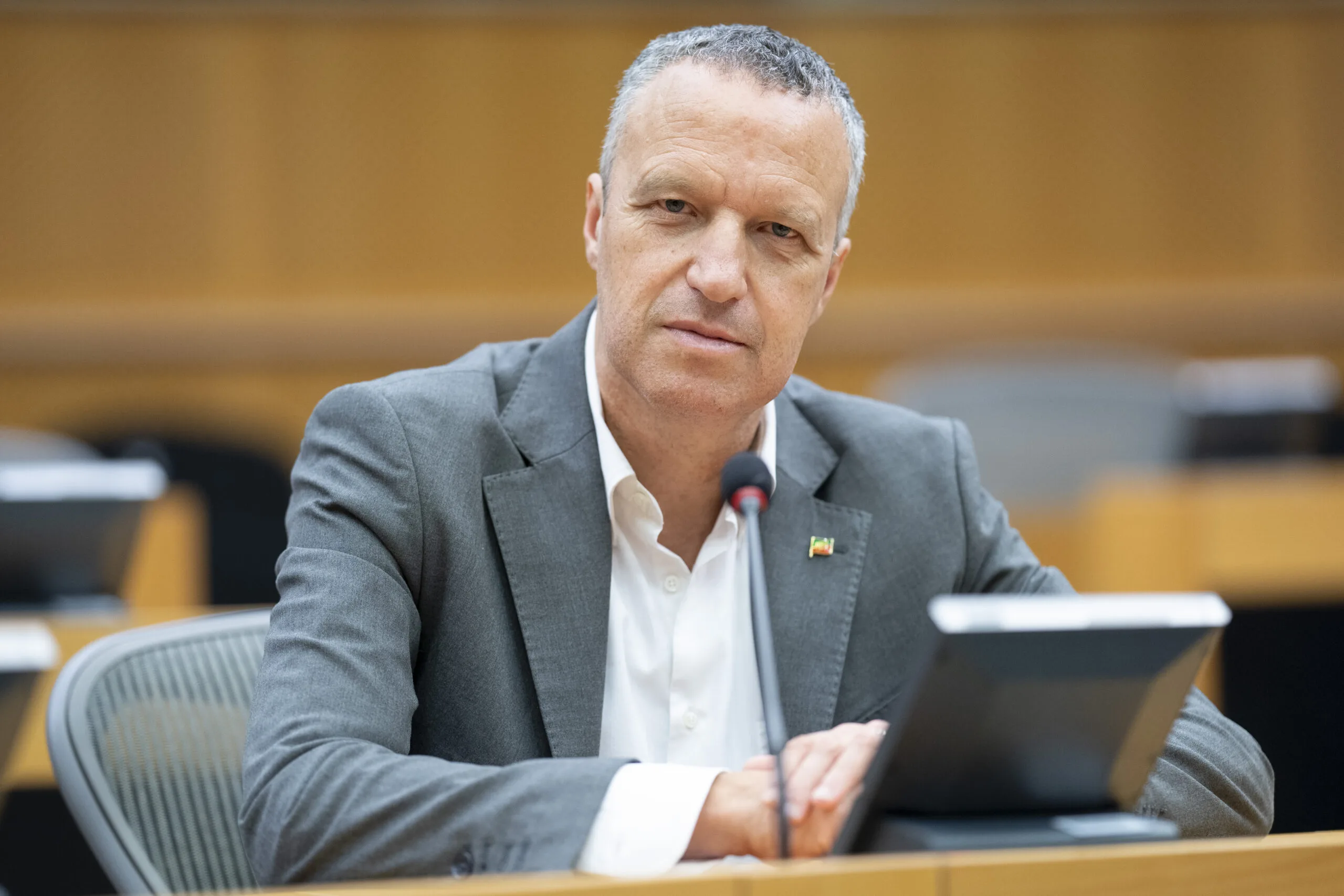Brussels – As the Meloni government pulls straight on the ban on light cannabis, the hemp industry is determined to fight for its survival. In Brussels, the sector finds backing in the 5-Star Movement delegation to the EU Parliament, co-signing a question in which it urges the European Commission—already called into question by Italian industry associations—to comment on the possible violations of European regulations of the prohibitionist amendment to the Security Bill.
Approved in the parliamentary committee last week, the final text of the measure by Matteo Piantedosi will land in the Rome Parliament after the summer recess. Amendment 13.06 would ban the production and trade of hemp inflorescences and derivatives, even with a THC content of less than 0.2 per cent. The decree’s eventual approval would affect not only small retailers of CBD (L sativa hemp with low THC content that does not produce psychotropic effects) but also excellent agro-industrial supply chains such as cosmetics, floriculture, dietary supplements, and herbal medicine: a sector with a 500 million annual turnover, employing more than 15 thousand people throughout Italy.
Although the game on the Security Bill is not yet closed, the June 27 decree that classifies CBD oral compositions among narcotic substances came into effect on August 5, restricting their sale only to pharmacies and with non-repeatable prescriptions. Passed over in silence with respect to the legislative decree, according to the trade associations, the measure could nevertheless violate the EU regulations on hemp and free competition by introducing restrictions that are neither “justified nor proportionate to the actual risks.”
Similarly, the Italian government’s amendment introducing restrictions on the import and trade of hemp inflorescences and their derivatives would contradict Articles 34 and 36 of the Treaty on the Functioning of the EU, which define the principle of free movement of goods. To support this argument, there is also a judgment of the Court of Justice of the EU, dated November 19, 2020, which ruled that CBD cannot be considered a narcotic and that its marketing cannot be prohibited if it is legally produced in another EU member state.
Pressing the EU Commission to take action “as soon as possible”

In the question submitted by the M5S to Brussels, reference is made to both measures, which “raise problems with EU law, as well as with case law (of the EU Court of Justice, NDR) that prohibits preventing the sale of legal CBD without evidence of risk to public health.” The eight 5 Star MEPs are urging the European Commission to intervene “as soon as possible” on the Italian government’s double attack on the hemp sector, also asking whether it has already taken steps to assess the complaints delivered to Brussels by Italian associations and companies.
“The Meloni government is ignoring European regulations and putting as many as 800 companies specializing in the cultivation of hemp and another 1,500 involved in its processing at risk of closure,” Valentina Palmisano, M5S MEP and first signatory of the question, stressed in a note. There is also a procedural error at stake: neither of the measures of the Meloni government would have been notified to TRIS, the European mechanism in charge of agreeing with member states on possible adjustments to avoid violations of EU law.
The European Commission has already instructed two different Directorates-General to get their hands on the complaints: DG Agriculture regarding the amendment to the Security Decree and DG Health regarding the decree already in force on CBD. A source confirmed to Eunews that DG Agri, following a preliminary assessment of the complaint submitted by Canapa Sativa Italia, Imprenditori Canapa Italiana, Resilienza Italia Onlus and Sardinia Cannabis last June 5, has decided that “the information provided warrants further evaluation before making a decision.” The complaint is now subject to an “in-depth review” process.
Cracks in the majority, from Forza Italia calls on the government to reconsider
There are already some cracks in the government coalition’s
apparent unity when it comes to the attack on the industrial hemp industry, a symbolic battle for the Lega and Fratelli d’Italia, that creates some perplexity among Forza Italia. Doubts that become a certainty in the words of Flavio Tosi, Forza Italia MEP, who said he was “convinced that banning tout court is not the solution.” Highlighting the “complexity” of the issue, the former mayor of Verona pointed out to government allies that “we are not talking about drug dealers” but about “entrepreneurs who have invested money and created a supply chain that also generates tens of thousands of jobs.”

Tosi’s words match the appeals made on several occasions by Coldiretti, CIA – Agricoltori Italiani, hemp industry associations and opposition forces. “In Veneto, many under 40 or 30 have created regular, recognized businesses that have received regular loans from lending institutions and pay taxes. In short, an economic-financial system has been created that contributes to the GDP,” he explained, also highlighting an additional factor: “With bans, you would not solve anything. If you close the stores, customers will buy online; at that point, it is better to have professionals of the sector in the stores to assist them.”
If the Forza Italia MEP’s call to “come out of the ideological logic of absolute bans“—echoed by Azzurra MEP Paola Boscaini, according to whom “before closing 21,000 businesses we need to think about it”—could go unheeded, much more difficult it would be for Meloni and Salvini to pull straight in the face of an EU treaty violation put in black and white by the European Commission unless they want to sour even more the already delicate relations between Rome and Brussels.
English version by the Translation Service of Withub




